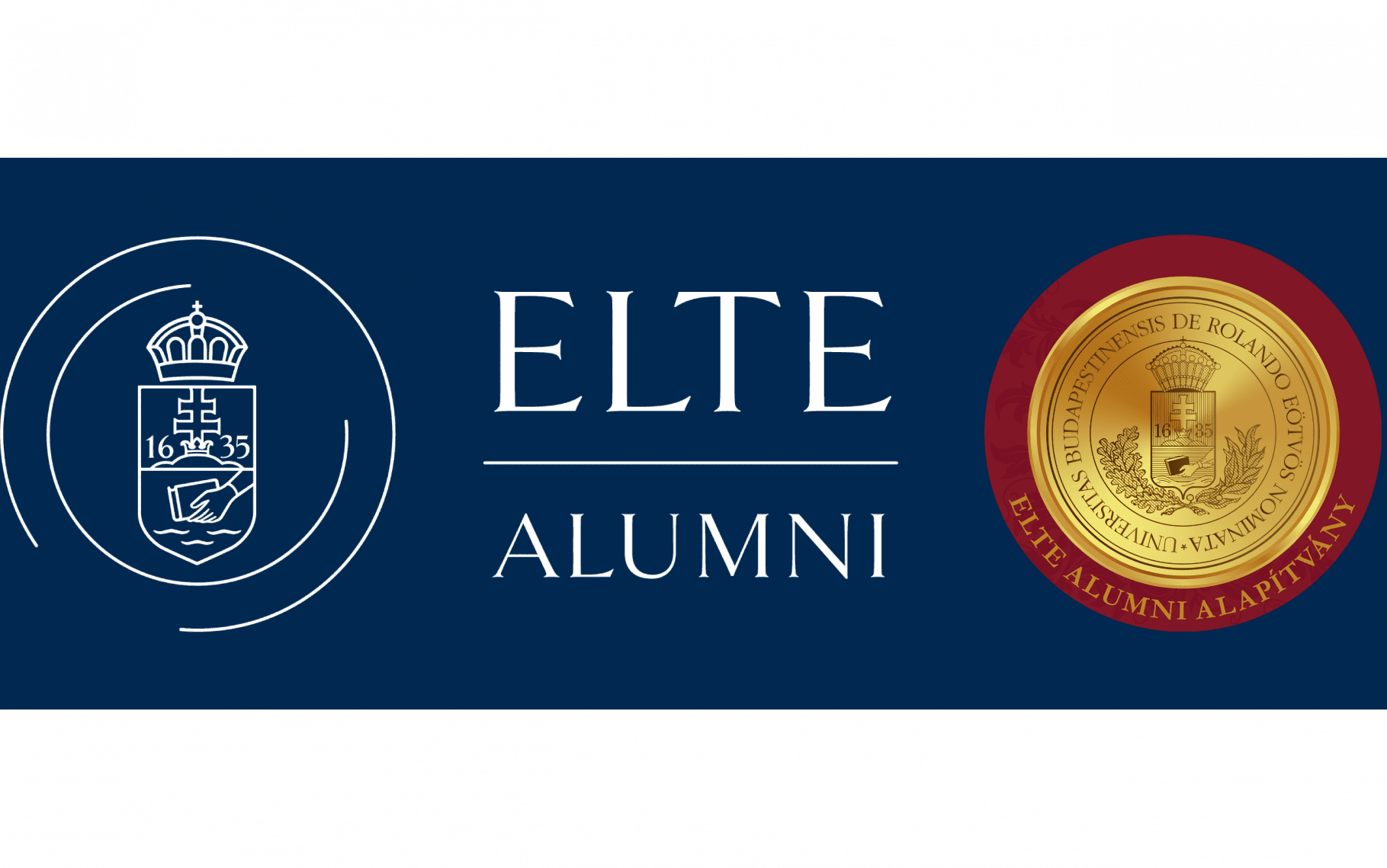Conception of childhood and verbal consciousness in early childhood
100 questionnaires were filled out in each country based on the association experiment and the shoulder-to-shoulder method. The uniqueness of the investigation is the focus of the children on themselves and their views about childhood. This is the first step in understanding what their definitions about this early stage of life are, also including the chosen topics, such as child, family, toy, friend, and home – related to their first and second social circles, their families and their direct environment, and water, black, devil, angel, and foreigner - previously known lexical items. Verbal consciousness, as a key technical term of the Moscow School of Psycholinguistics enabled the researchers to compare the two different groups of language users from an intercultural standpoint.
As the result of conceptualizing childhood, the research confirmed as a universal characteristic that most children regard themselves as small versions of adults despite the fact that they consider playing as the most typical activity of childhood, practiced only during the childhood period and they predominantly stated that adults do not play.
The effects of globalization to children’s development was also confirmed by identifying the importance of Lego and other toy brands, tablets and cartoons regardless of geographical boundaries. The questionnaire furthermore offered an opportunity to the respondents to elaborate their problems (e.g. father’s death, parents’ divorce).
At the end of the research it turned out that further work is needed in order to continue to map children’s knowledge about the world surrounding them, and to reveal the cross-cultural differences of Russian and Hungarian children.
The members of the research group:
Irina Markovina, Professor at the Institute of Linguistics and Intercultural Communication, Sechenov University researching psycholinguistic aspects of intercultural communication for almost 30 years
István Lénárt, Associate professor at Institute of Linguistics and Intercultural Communication at Sechenov University, analysing intercultural communication for many years and successfully using the lacuna theory in order to examine verbal consciousness
Orsolya Endrődy-Nagy, Leader of the Hungarian team, early childhood researcher (Associate professor) at ELTE Faculty of Primary and Pre-school Education
Beáta Balog, principal of a private kindergarten in Budapest, PhD aspirant and former visiting Lecturer at ELTE Faculty of Primary and Pre-school Education
Adilya Makhmutova (Moscow) and Kata Szántó (Budapest), Research administrators of the group

Comments0
Please log in to see or add a comment
Suggested Articles



